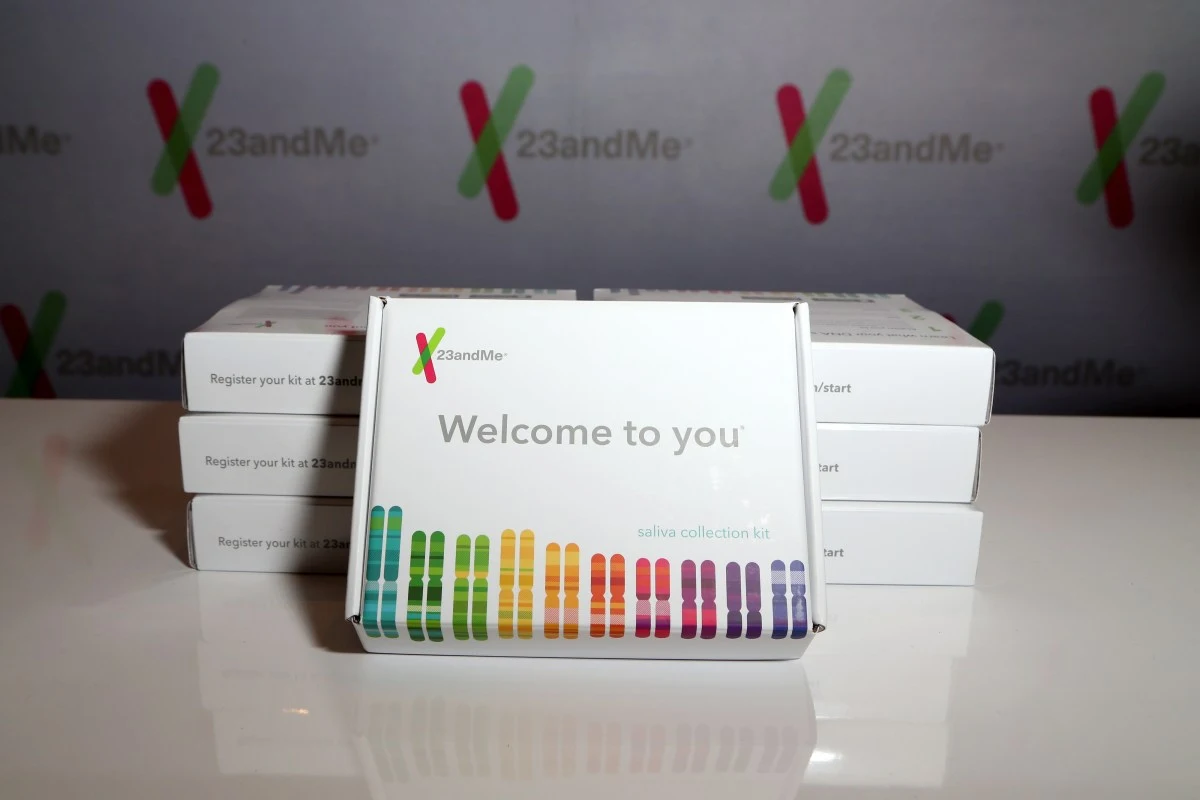23andMe tells victims it's their fault that their data was breached | TechCrunch
23andMe tells victims it's their fault that their data was breached | TechCrunch

techcrunch.com
23andMe tells victims it's their fault that their data was breached | TechCrunch

Hope this isn't a repeated submission. Funny how they're trying to deflect blame after they tried to change the EULA post breach.